What are the different types of blinder stage lights factories?
- What are the different types of blinder stage lights factories?
- Introduction: why understanding factory types matters for buyers
- What is a blinder and why LED blinders are in demand
- Main types of blinder stage lights factories
- 1. Large-scale OEM/ODM factories
- 2. R&D-led manufacturers with in-house engineering
- 3. Contract manufacturers / EMS providers
- 4. Boutique and artisan lighting makers
- 5. Rental-specialist manufacturers
- 6. Integrated vertical manufacturers
- How these factory types compare
- Quick comparison table of blinder stage lights factories
- Key selection criteria for buyers
- Quality and certification
- Production capacity and lead time
- Warranty, after-sales and spare parts
- IP protection and patents
- Cost breakdown and total cost of ownership
- Why LQE is an example of an integrated LED stage lighting manufacturer
- LQE company profile and manufacturing capabilities
- How LQE's strengths map to buyer needs
- Practical tips for contacting and vetting factories
- Prepare a clear technical brief
- Request samples and conduct tests
- Negotiate MOQ, tooling costs and warranty
- Audit and factory visit
- Conclusion: choose based on product needs and long-term plans
- Final recommendation for buyers searching blinder stage lights factories
- How to take the next step
- Frequently asked questions
- References and sources
What are the different types of blinder stage lights factories?
Introduction: why understanding factory types matters for buyers
When sourcing blinder stage lights, choosing the right factory directly affects price, lead time, product quality, and long-term support. Buyers searching for blinder stage lights factories are usually deciding between mass-production OEMs, R&D-led manufacturers, contract partners, or boutique suppliers. This guide explains each factory type, compares their strengths and weaknesses, and provides practical selection criteria so event producers, rental companies, and lighting distributors can make confident purchasing decisions.
What is a blinder and why LED blinders are in demand
A blinder is a high-intensity stage light used to momentarily illuminate the audience or performers for dramatic effect. Modern blinder stage lights increasingly use LED sources for higher energy efficiency, longer lifetime (typically 50,000 hours or more for quality LEDs), faster response, and more compact designs. The shift to LED has created a diverse supplier landscape: from specialized LED blinder factories to general stage fixture manufacturers expanding their product lines.
Main types of blinder stage lights factories
1. Large-scale OEM/ODM factories
Large OEM/ODM factories focus on high-volume production and often provide full-service manufacturing: tooling, PCB assembly, housing production, optical systems, and final assembly. These factories frequently serve international distributors and big rental companies. They tend to offer competitive pricing at scale, standardized quality control processes, and the ability to handle multiple SKUs simultaneously. Buyers searching for 'blinder stage lights factories' often expect to find these factories in manufacturing hubs such as Foshan, China.
2. R&D-led manufacturers with in-house engineering
R&D-led manufacturers combine production capability with strong design and engineering teams. They develop new optics, thermal management, control protocols, and patented features. This type of factory is ideal when you need advanced functionality (e.g., integrated wireless control, custom beam shaping, or IP-rated housings). They frequently support OEM/ODM projects and can handle custom firmware and electronics design.
3. Contract manufacturers / EMS providers
Electronics manufacturing services (EMS) and contract manufacturers provide component-level production and assembly. They are useful when a brand owns the design but lacks manufacturing capacity. Contract factories excel in PCB assembly, automated testing, and supply chain management, but they may not provide product design or post-sale support beyond warranty terms.
4. Boutique and artisan lighting makers
Boutique factories produce smaller volumes of high-end, sometimes hand-finished blinders. They emphasize unique aesthetics, High Quality materials, and bespoke designs. Lead times are longer and per-unit cost is higher, but the product differentiation and craft quality appeal to theaters, high-end productions, and collectors.
5. Rental-specialist manufacturers
Some factories focus on fixtures designed specifically for the rental and touring market. These blinders prioritize durability, quick servicing (modular parts), and standardized rigging points. They often include reinforced housings and hot-swappable modules to minimize downtime during tours.
6. Integrated vertical manufacturers
Integrated factories cover the entire value chain: R&D, tooling, molding, electronics, assembly, and shipping. Vertical integration reduces lead times, improves IP protection, and often results in better cost control. A vertically integrated company can also scale production quickly to meet spikes in demand while maintaining consistent quality standards.
How these factory types compare
Quick comparison table of blinder stage lights factories
The table below summarizes typical characteristics of each factory type. Values represent common industry ranges and typical strengths; actual numbers vary by company.
| Factory Type | Typical Clients | Annual Production Capacity (typical) | MOQ (typical) | Lead Time | Strengths | Weaknesses |
|---|---|---|---|---|---|---|
| Large-scale OEM/ODM | Distributors, rental companies, retailers | 10,000 - 200,000 units | hundreds - thousands | 4 - 12 weeks | Low unit cost, scalable, consistent QA | Less customization, larger MOQ |
| R&D-led manufacturers | Brands needing new features, High Quality markets | 5,000 - 50,000 units | 50 - 500 | 6 - 14 weeks | Innovation, patents, custom tech | Higher unit cost, longer R&D time |
| Contract manufacturers / EMS | Brands with own designs | varies widely | varies | 4 - 10 weeks | Skilled electronics assembly, testing | No design support, IP management needed |
| Boutique makers | Theaters, boutique clients | hundreds - low thousands | 1 - 50 | 8 - 20 weeks | Design uniqueness, craftsmanship | High cost, limited scalability |
| Rental-specialist | Touring companies, rental houses | 1,000 - 50,000 | 50 - 500 | 6 - 12 weeks | Durability, serviceability | Designs optimized for rental, not retail |
| Integrated vertical | Brands seeking full control | 5,000 - 100,000+ | 50 - 1,000 | 4 - 10 weeks | Faster changeovers, IP safety | Capital intensive |
Key selection criteria for buyers
Quality and certification
Check for product and factory certifications such as CE, RoHS, ETL, FCC, and ISO 9001. For outdoor or dusty venues, confirm IP ratings (IP54, IP65, etc.). Ask about thermal testing, photometric data (lux tables), and EMc/EMI testing, depending on your market.
Production capacity and lead time
Understand the factory's true production ceiling and typical lead times. Large events and tours need reliable delivery schedules. If you require a rapid ramp-up, an integrated or large OEM/ODM is often the best choice.
Warranty, after-sales and spare parts
Modular designs simplify servicing. Verify spare parts availability and expected warranty coverage. Rental operators should prioritize factories that commit to long-term parts supply and offer quick turnaround for repairs.
IP protection and patents
If your product includes proprietary features, choose a factory that respects IP and can sign NDAs. R&D-led manufacturers and integrated factories are typically more accustomed to protecting client IP. LQE, for example, holds 80 national patents and emphasizes R&D protection.
Cost breakdown and total cost of ownership
Evaluate not just unit price, but lifecycle costs: power consumption (LED efficiency), maintenance, spare parts, and downtime. LEDs can reduce power consumption by roughly 50% or more compared with legacy discharge fixtures, and their long lifetimes lower replacement costs.
Why LQE is an example of an integrated LED stage lighting manufacturer
LQE company profile and manufacturing capabilities
LQE was founded in 2008 and is headquartered in Foshan, China. LQE is a professional OEM/ODM manufacturer focused on middle- and high-end digital stage lighting. The production base covers about 10,000 square meters with an annual capacity of roughly 100,000 lighting fixtures and a portfolio of 80 national patents. That mix of scale, patents, and specialized product lines positions LQE as a vertical and R&D-capable factory for blinder stage lights factories searches.
How LQE's strengths map to buyer needs
LQE's capabilities suit buyers who need a balance of volume, customization, and innovation. With in-house R&D the company can develop custom optics, control protocols, and mechanical solutions. Its production capacity supports larger orders, and the patent portfolio indicates investment in unique technologies that can provide product differentiation for brands and rental companies.
Practical tips for contacting and vetting factories
Prepare a clear technical brief
Provide specifications: lumen output, beam angle, IP rating, dimming protocol (DMX/RDM/Art-Net), weight limits, connectors, and required certifications. The clearer your brief, the more accurate the factory quote and timeline will be.
Request samples and conduct tests
Order pre-production samples and perform photometric tests, thermal tests, and a burn-in period (minimum 72 hours recommended). Verify firmware behavior, color consistency, and mechanical robustness.
Negotiate MOQ, tooling costs and warranty
Discuss payment terms, tooling amortization, MOQ adjustments, and a warranty matrix. For branded products, consider negotiated exclusivity, minimum purchase guarantees, or phased ramp-up schedules.
Audit and factory visit
If feasible, visit production lines or hire a third-party audit firm. A factory audit should check process controls, QA procedures, worker conditions, and supply chain traceability.
Conclusion: choose based on product needs and long-term plans
Final recommendation for buyers searching blinder stage lights factories
There is no single 'best' factory type; the right choice depends on your product goals. For high-volume, cost-sensitive projects choose a large OEM/ODM. For innovative products with patented features choose R&D-led or integrated factories. For High Quality or limited-run designs consider boutique makers. When control and IP matter, favor integrated factories with in-house R&D like LQE, which combines scale, patents, and production capability.
How to take the next step
Prepare a technical brief, identify three candidate factories across types, request quotes and samples, and validate certifications and testing data. Prioritize factories that demonstrate transparent QA, spare parts policies, and a proven track record in stage lighting.
Frequently asked questions
Q: What minimum information should I include in an RFQ to a blinder factory?A: Provide target lumen output, beam angle, physical dimensions, preferred LED brands, IP rating, control protocol (DMX/Art-Net), expected annual volume, target unit price, and required certifications.
Q: How long does it typically take to develop a custom blinder from concept to mass production?A: Typical timelines run 3-9 months depending on complexity: 4-8 weeks for design and prototyping, 4-12 weeks for pre-production tooling and approvals, and then typical production lead times depending on capacity.
Q: What certifications are most important for exported blinder lights?A: CE and RoHS are commonly required for European markets, FCC for the US, ETL/UL for electrical safety in North America, and IEC compliance for international electrical standards.
Q: How important is IP and patent protection when working with factories?A: Very important if you have unique features. Work with factories that sign NDAs and show a history of R&D. Prefer integrated or R&D-led manufacturers that can safeguard your designs.
Q: Are LED blinders more energy-efficient than traditional fixtures?A: Yes. Quality LED blinders typically use significantly less power than comparable discharge lamp blinders, and they have longer rated lifetimes (often 50,000 hours or more), reducing total cost of ownership.
Q: What are reasonable warranty terms for blinder stage lights?A: Standard commercial warranties range 1-3 years depending on component quality (LED modules, drivers), with extended warranty options available for professional rental fleets.
References and sources
- LQE corporate data provided by the client: founding year 2008, Foshan HQ, production area about 10,000 square meters, annual capacity ~100,000 fixtures, 80 national patents.
- U.S. Department of Energy: information on LED energy savings and performance characteristics.
- Philips/Signify and major LED manufacturers: typical LED rated lifetimes and lumen maintenance data.
- Industry market reports and trade press covering stage lighting trends and the rise of LED adoption (examples: Grand View Research, MarketsandMarkets, professional lighting trade publications).
- IEC and regional certification standards documentation (CE, RoHS, FCC, ETL/UL).
How to start the led stage lighting installation business ?
The blinding stage lights Cost Guide | LQE Ultimate Insights
The latest trends for led stage lights in us 2026 | LQE Ultimate Insights
Wireless DMX Solutions for Moving Head Lighting
1000w
Does LQE Offer Customized Stage Moving Light Solution?
An experienced R&D team can provide customized digital stage lighting OEM/ODM solution service to meet clients’ unique demands from global markets, such as customized CRI parameter, Ingress protection rating, effect, etc.
Can I Have a Sample Order for an LED DJ Light?
Sure, sample order are welcome to test and check LQE quality. Mixed samples are acceptable.
What Is the Warranty Offered by LQE Lighting?
LQE lighting offers a comprehensive 1-year warranty and spare parts on its products, giving customers peace of mind and investment protection.
Distributor
What is your typical lead time for distributor orders?
Our standard production lead time is 15–30 working days depending on order volume and customization requirements. For stocked models or repeat orders, we can offer shorter delivery times.
What types of companies can become LQE distributors?
We welcome partnerships with companies that have experience in the entertainment, AV, lighting, or stage equipment industries. Whether you are a local reseller, importer, system integrator, or project contractor, we are open to exploring win-win cooperation.
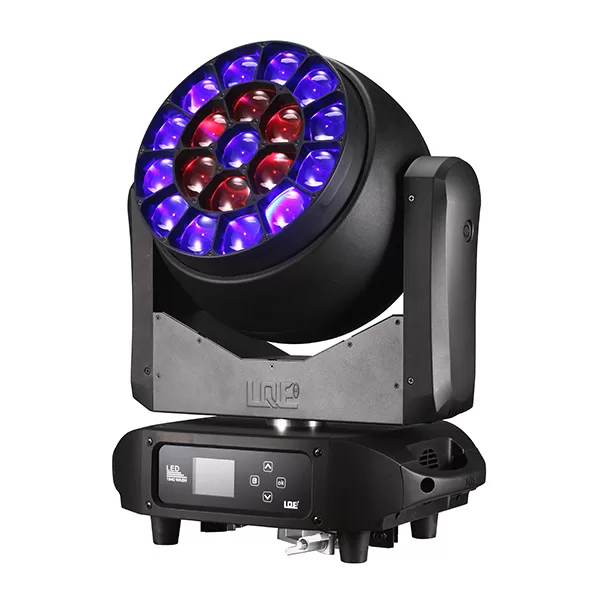
600w 19x40w RGBW Stage Moving Head Wash Light LW600 Zoom IP20
600W 19x40W LED RGBW Mulichips Moving Head Wash Lights with Zoom (5°–50°), Covering Large Range and Long Distance. IP20: Designed to deliver a 5°–50° ultra-large zoom range to achieve a greater wash effect, illuminating stages and events with stunning ring control lighting effects.
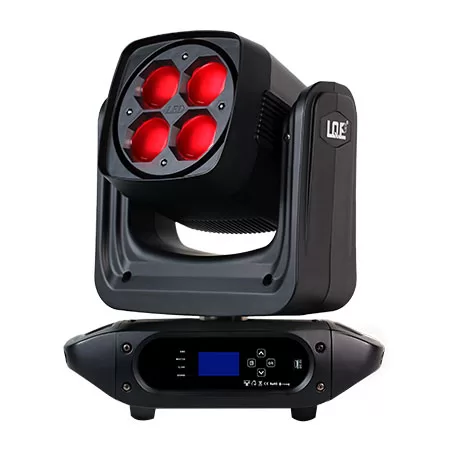
LED Moving Head Stage Wash Light LW200Z
The versatile moving head stage light provides a powerful lighting solution for theaters, concerts, and large outdoor performances. Suitable for theaters, TV stations, entertainment stages, and large outdoor performance scenes.
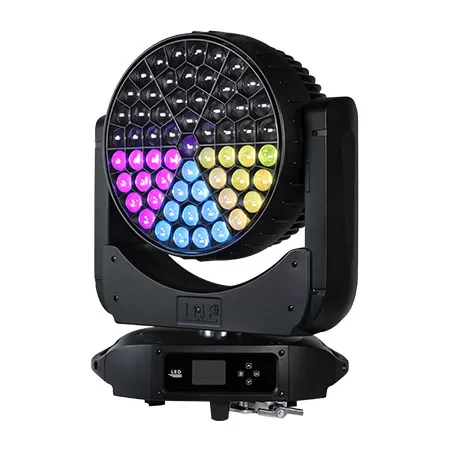
1000w 61x40w RGBW Stage Moving Head Wash Light LW1000
1000W 61x40W LED RGBW Mulichips Moving Head Wash Lights with Zoom (5°–50°), Covering Large Range and Long Distance. Designed to deliver a 5°–50° ultra-large zoom range to achieve a greater wash effect, illuminating stages and events with stunning lighting effects.
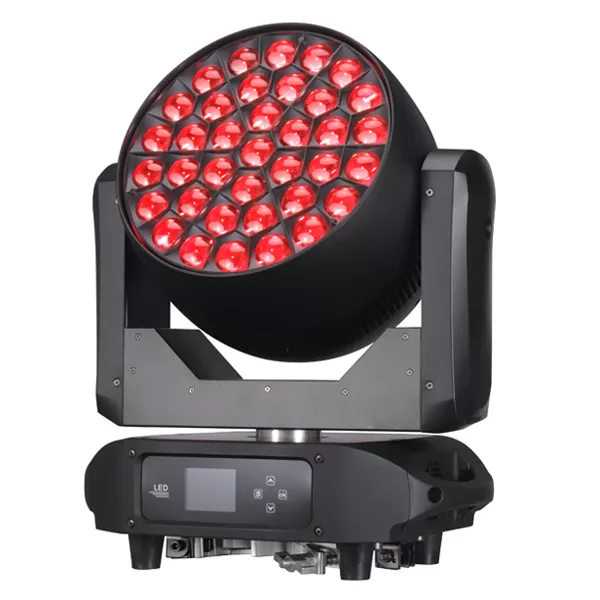
800w 37x40w RGBW Stage Moving Head Wash Light LW800
800W 37x40W LED RGBW Mulichips Moving Head Wash Lights with Zoom (5°-50°), Covering Large Range and Long Distance. Designed to deliver a 5°–50° ultra-large zoom range to achieve a greater wash effect, illuminating stages and events with stunning ring control lighting effects.

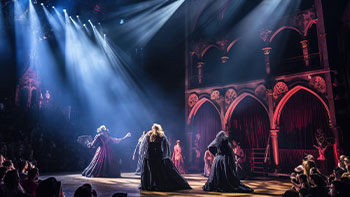
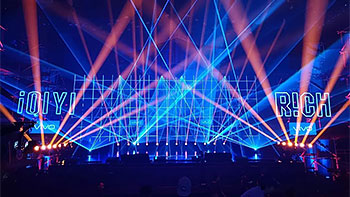
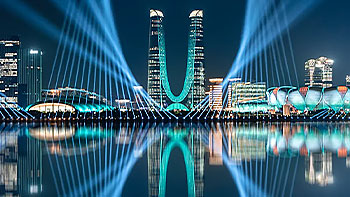
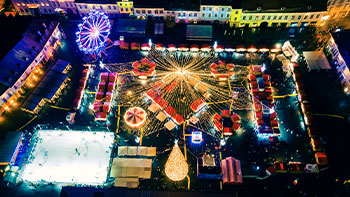
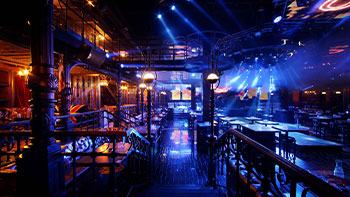
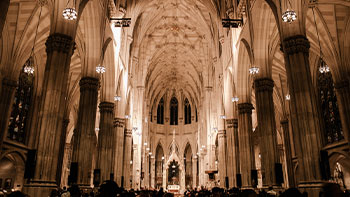






Linkedin
YouTube
Whatsapp: +8618924548390
TikTok